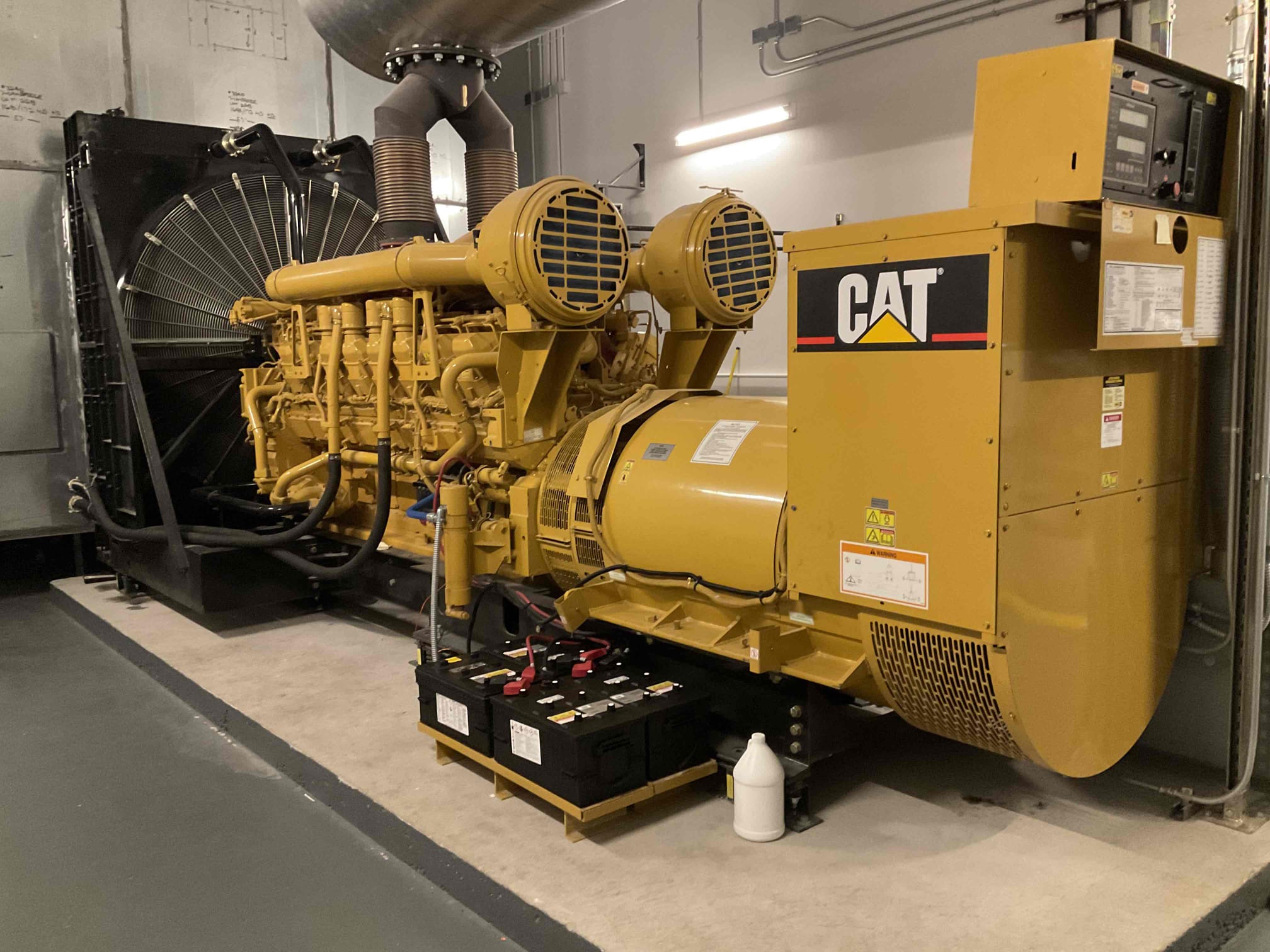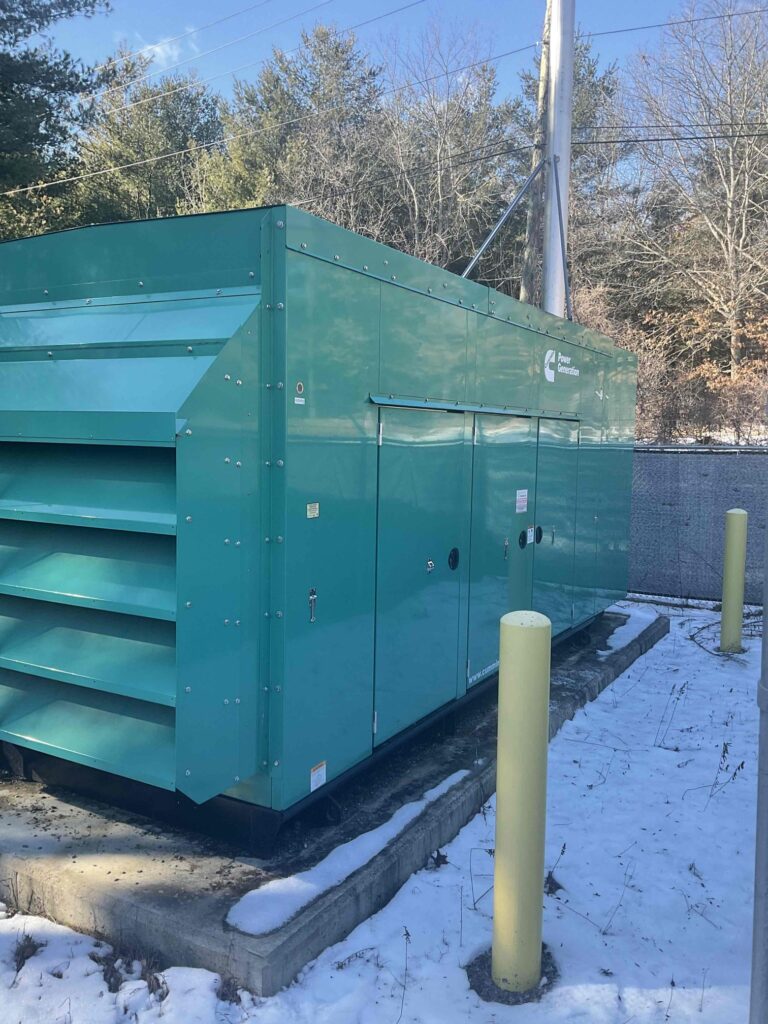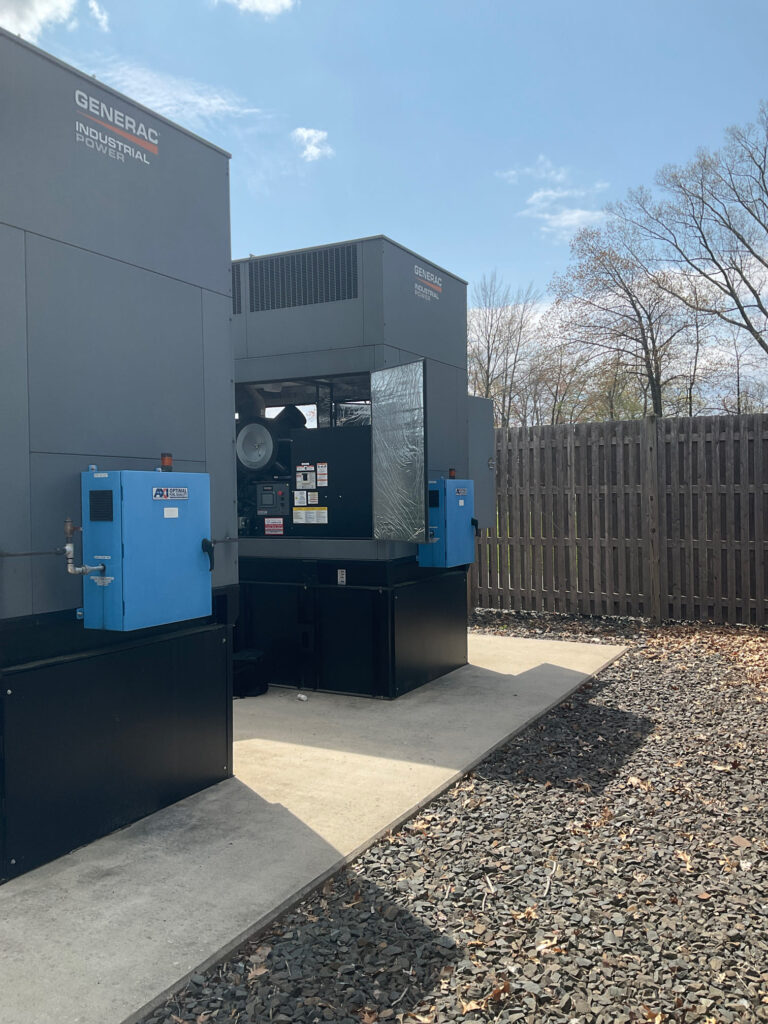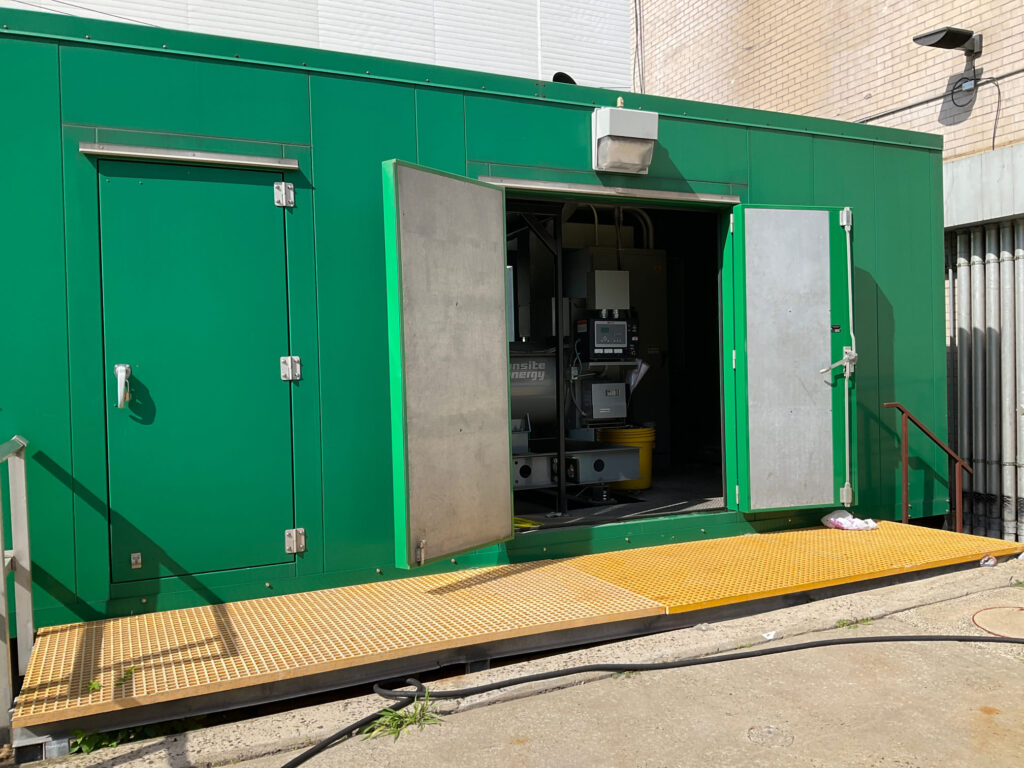4 Powerful Reasons Why Data Centers Rely on Backup Generators

In today’s hyper-connected world, data centers rely on backup generators to keep them running during a power outage. Data Centers are the backbone of digital infrastructure, providing essential support for everything from cloud computing to online transactions. The reliability of these facilities is paramount, and even a brief outage can have catastrophic consequences for businesses, customers, and critical services. Let’s explore the vital role that backup generators play and how they protect data centers from costly downtime.
Table of Contents
Why Power Continuity is Critical for Data Centers
Data centers house servers and IT equipment that handle vast amounts of data. These facilities support critical operations, including e-commerce, banking, healthcare services, and even government functions. A power outage, whether caused by weather, grid instability, or infrastructure failure, can lead to:
- Data Loss: Unscheduled shutdowns can cause incomplete transactions, corrupted data, or loss of important information.
- Operational Downtime: When systems go down, businesses may be forced offline, losing revenue and productivity.
- Damage to Equipment: Sudden power loss can cause physical damage to sensitive IT equipment and increase the risk of failure.
- Reputation Impact: Repeated outages erode trust with customers, especially for companies dependent on always-on access.

The Role of Backup Generators in Power Reliability
Backup generators act as a safety net for data centers, kicking in when there is an outage to keep systems running seamlessly. These generators are designed to activate automatically when the main power supply goes down, ensuring minimal to no interruption. The type, size, and configuration of the generator system are critical for ensuring uninterrupted power in a data center.
Key Considerations for Backup Generators in Data Centers:
- Capacity & Load Management: Backup generators must be sized correctly to handle the power demands of a data center. Data centers typically consume vast amounts of power, and a generator needs to support this load without issue. Overloading a generator can lead to failures or inadequate power, compromising the facility.
- Redundancy (N+1 or 2N): Redundant systems ensure that if one generator fails, another can take its place. The N+1 configuration refers to having one extra generator beyond what is required, while 2N means having a complete duplicate of the primary system. Both setups enhance reliability and reduce the risk of downtime during outages.
- Fuel Supply & Type: Diesel is the most common fuel source for backup generators in data centers because it provides a reliable and immediate response to power loss. However, other options such as natural gas or bi-fuel generators may also be considered. Ensuring sufficient fuel supply and regular refueling contracts are essential for long-term outages.
- Automatic Transfer Switches (ATS): These switches are critical for seamless transitions from utility power to generator power. The ATS detects the loss of utility power and automatically switches to generator power without requiring manual intervention, minimizing downtime.

Generator Maintenance and Testing
Having backup generators in place is just one part of the equation. Routine maintenance and regular testing are crucial to ensuring that the generators will work when needed. This includes:
- Regular Inspections: Ensuring that all components are functioning properly, including the engine, fuel system, and electrical connections.
- Load Testing: Running the generator under load to simulate actual conditions and confirm that it can handle the power demands of the data center.
- Fluid and Fuel Sampling: Analyzing oil, coolant, and fuel for contaminants that could impact performance.
- Battery Testing: Checking the battery to ensure it has sufficient charge and will start the generator during an outage.
Compliance and Uptime Requirements
Data centers must adhere to strict industry standards and regulations regarding uptime. Many are required to maintain “five nines” reliability, meaning 99.999% uptime. Any downtime can affect service level agreements (SLAs) and compliance with organizations such as Uptime Institute’s Tier certification. Properly maintained backup generator systems are integral to meeting these expectations.

The Future of Backup Generators in Data Centers
With the rise of sustainability initiatives and environmental concerns, many data centers are exploring greener options for backup power. Innovations include hybrid generator systems, which combine diesel with natural gas or renewables like solar, and improved energy storage solutions that pair generators with battery banks to reduce emissions and fuel use. As these technologies evolve, data centers can achieve high reliability while also minimizing their environmental impact.
Conclusion
Backup generators are an essential component of data center infrastructure, ensuring continuity of operations in the face of power outages. A well-designed and properly maintained generator system protects data, equipment, and customer trust while helping organizations meet uptime requirements. As the demand for reliable data services grows, investing in robust backup power solutions will continue to be a priority for data centers worldwide.
Weld Power Generator offers a range of custom solutions for data centers, providing backup generator systems tailored to specific power requirements, along with maintenance programs to ensure operational readiness. Whether you need generator repair, fuel polishing, or remote monitoring, our team is equipped to keep your data center running smoothly, even during the most critical power events. Contact us today to learn more!
